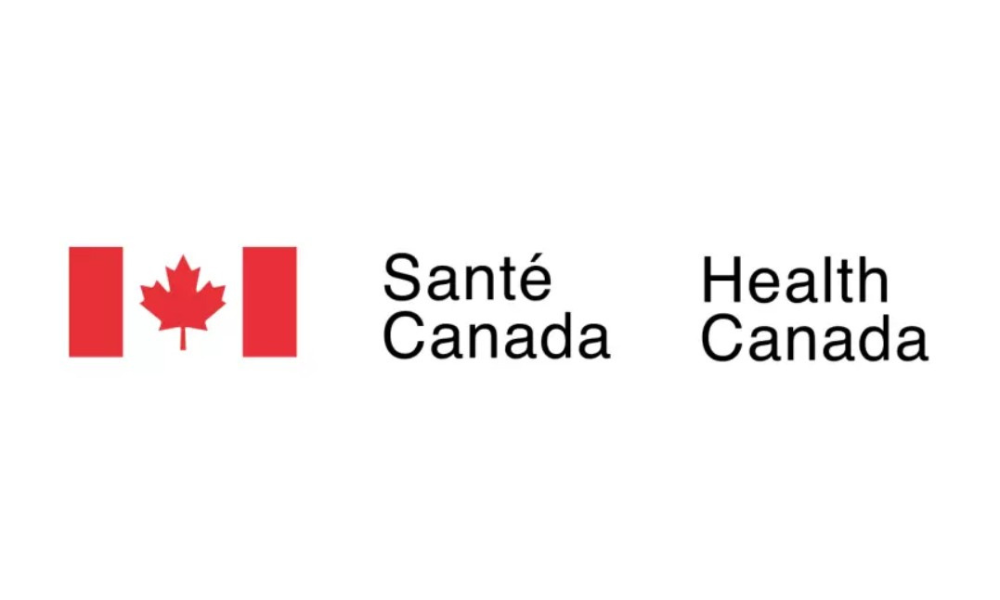WorkSafeBC calls on employers to reduce risk of these injuries

Musculoskeletal injuries (MSI) have proven to be costly for British Columbia, according to WorkSafeBC.
Overall, WorkSafeBC accepted approximately 83,000 time-loss claims for MSIs from 2019 to 2023. The costs associated with those claims exceeded $2 billion, according to the government agency.
“Some of the tasks we perform at work, such as lifting, reaching and repetitive motions, can strain our bodies and cause an MSI,” said Suzana Prpic, director of Prevention Field Services at WorkSafeBC. “In fact, MSIs are the most common type of workplace injury, accounting for 30 percent of all WorkSafeBC time-loss claims, and 26 percent of claim costs.”
MSIs are pervasive across multiple industries, but most frequently impact workers in health care, retail, local government, restaurants, public schools, and trades, according to WorkSafeBC.
How to prevent musculoskeletal injuries in the workplace?
Now, WorkSafeBC is calling on employers to put more focus on preventing MSIs from happening.
The agency noted that employers must conduct risk assessments for MSIs in their workplace and eliminate or minimize the risks. Employers must also educate and train workers about MSI risks in the workplace.
“Integrating MSI prevention into occupational health and safety programs is essential,” says Prpic. “Employers should identify tasks that may pose a risk of MSIs, such as repetitive motions, heavy lifting, or awkward movements, and then determine how these risks can be mitigated.”
Employers should also review records – including first aid records, injury claims, and the results of incident investigations – make workplace observations and speak with workers who perform the job.
Employers should also involve workers and joint health and safety committees throughout the process, “as they have the best understanding of the work and its risks and hazards”.
“Promoting a culture of reporting is also crucial, as many MSIs develop gradually and are only addressed when symptoms become severe enough to require time off work,” said WorkSafeBC.
WorkSafeBC is also providing employers with information to prevent MSI in the workplace, available here.
Also, several of WorkSafeBC’s planned inspectional initiatives emphasize MSI prevention across various sectors. A specific MSI Planned Inspectional Initiative in 2024, for example, is directed at supermarkets and large retailers.





